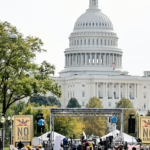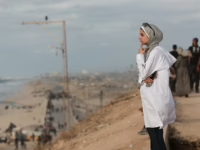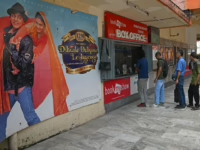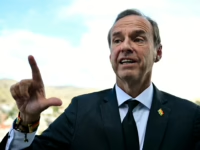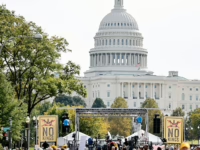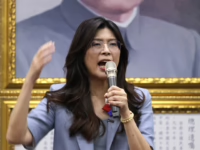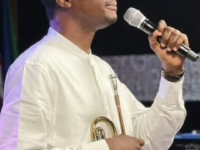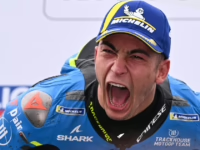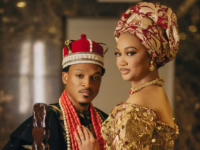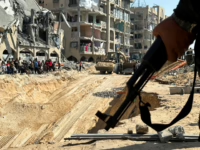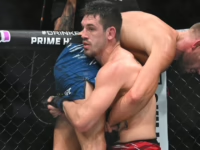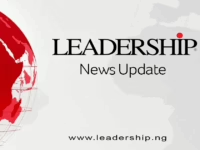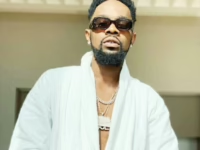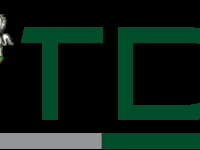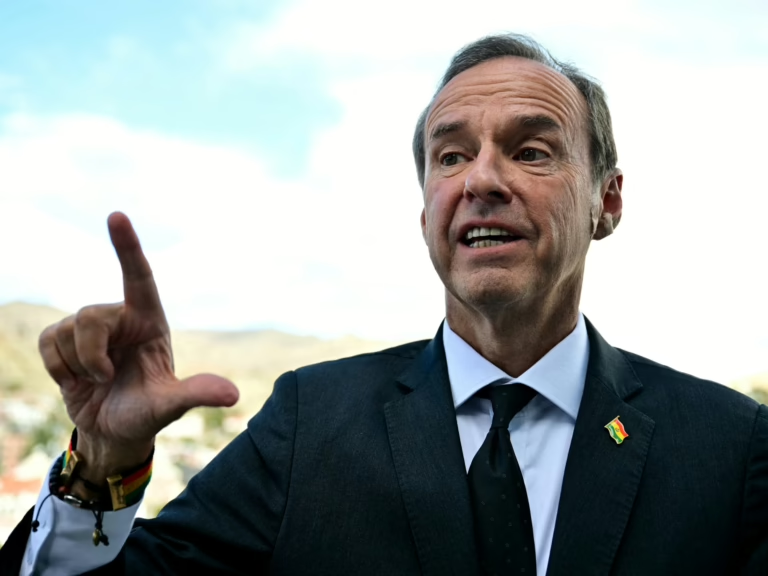Bolivia is preparing for a decisive presidential runoff election that will conclude almost twenty years of socialist governance and likely usher in a shift toward closer ties with the United States. Voters will choose between two candidates who both support market-oriented policies.
The contest features Jorge “Tuto” Quiroga, a 65-year-old conservative and former interim president, facing off against Rodrigo Paz, a 58-year-old centrist senator and economist, who is also the son of former leftist president Jaime Zamora.
Both contenders have pledged to revitalize Bolivia’s struggling economy and mend the strained relationship with the US, which deteriorated under the leftist administrations of Evo Morales and his successor, current President Luis Arce.
The ruling Movement Towards Socialism (MAS) party, plagued by internal conflicts, failed to advance a candidate to the runoff, signaling an end to its long-standing dominance since Morales first assumed power in 2006. The party’s support dramatically declined in the initial round held in August.
Bolivia, home to 11 million people, is currently grappling with its most severe economic downturn in decades. Inflation has soared beyond 20%, fuel shortages are widespread, and long lines at gas stations have become a daily challenge for citizens.
Polls indicate a close race, with Quiroga holding a slight advantage. Polling stations will open at 8 a.m. local time (12:00 GMT) and close at 4 p.m. (20:00 GMT), with preliminary results anticipated about five hours later.
Economic Turmoil Deepens
Once recognized as South America’s fastest-growing economy, Bolivia has nearly exhausted its foreign currency reserves due to prolonged subsidies and insufficient investment in its natural gas sector.
“The situation is dire; we are uncertain about the future. Prices keep rising,” shared Felicidad Flores, a 67-year-old street vendor in La Paz. “I hope costs don’t climb any higher.”
Javier Quispe, a 40-year-old truck driver stuck in a fuel line stretching over a kilometer, expressed to AFP that the population’s conditions have worsened. “People feel more hopeless than before,” he said.
For many Bolivians, this runoff represents a potential return to the market-driven policies of the 1990s-a period marked by economic liberalization but also significant social disparities.
“This election is a pivotal moment in Bolivia’s political landscape,” noted Glaeldys Gonzalez Calanche, an analyst with the International Crisis Group. “Regardless of the victor, the country is poised to embark on a new path.”
Daniela Osorio from the German Institute for Global and Area Studies warned that public patience is wearing thin. “If the incoming administration fails to support the most vulnerable populations, it could spark widespread social unrest,” she cautioned.
Divergent Reform Strategies
Each candidate has presented distinct approaches to economic recovery.
Quiroga, who briefly led the country from 2001 to 2002, advocates for sweeping reforms including opening Bolivia’s economy to foreign investment and loans, drastically reducing government expenditures, and privatizing or shutting down unprofitable state enterprises.
In contrast, Paz promotes a gradual reform agenda he terms “inclusive capitalism,” emphasizing fiscal responsibility and decentralization while maintaining support for social welfare programs.
Both candidates agree on scaling back the universal fuel subsidy, proposing to limit it to public transportation to alleviate fiscal pressures.
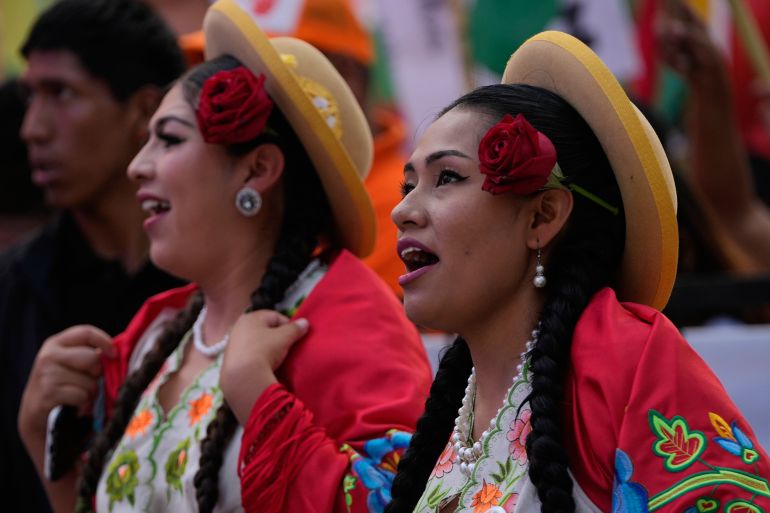
The Enduring Influence of Morales
Both candidates have sought to secure backing from the United States.
US Secretary of State Marco Rubio recently described the election as “a transformative moment” for bilateral relations, highlighting that both contenders aim to foster “stronger, more positive ties with the United States” after years of antagonism.
However, with neither candidate expected to hold a congressional majority and former president Evo Morales retaining a loyal grassroots base, governing effectively may prove challenging.
Despite facing an arrest warrant on human trafficking charges related to an alleged inappropriate relationship with a minor-a claim he denies-Morales remains a significant political figure. Constitutionally barred from running again, he has urged his supporters to boycott the election.
“Even in a diminished capacity, Morales continues to be a source of potential instability,” Osorio remarked.
Nearly eight million Bolivians are registered to vote, with participation compulsory. The elected president is scheduled to assume office on November 8.


